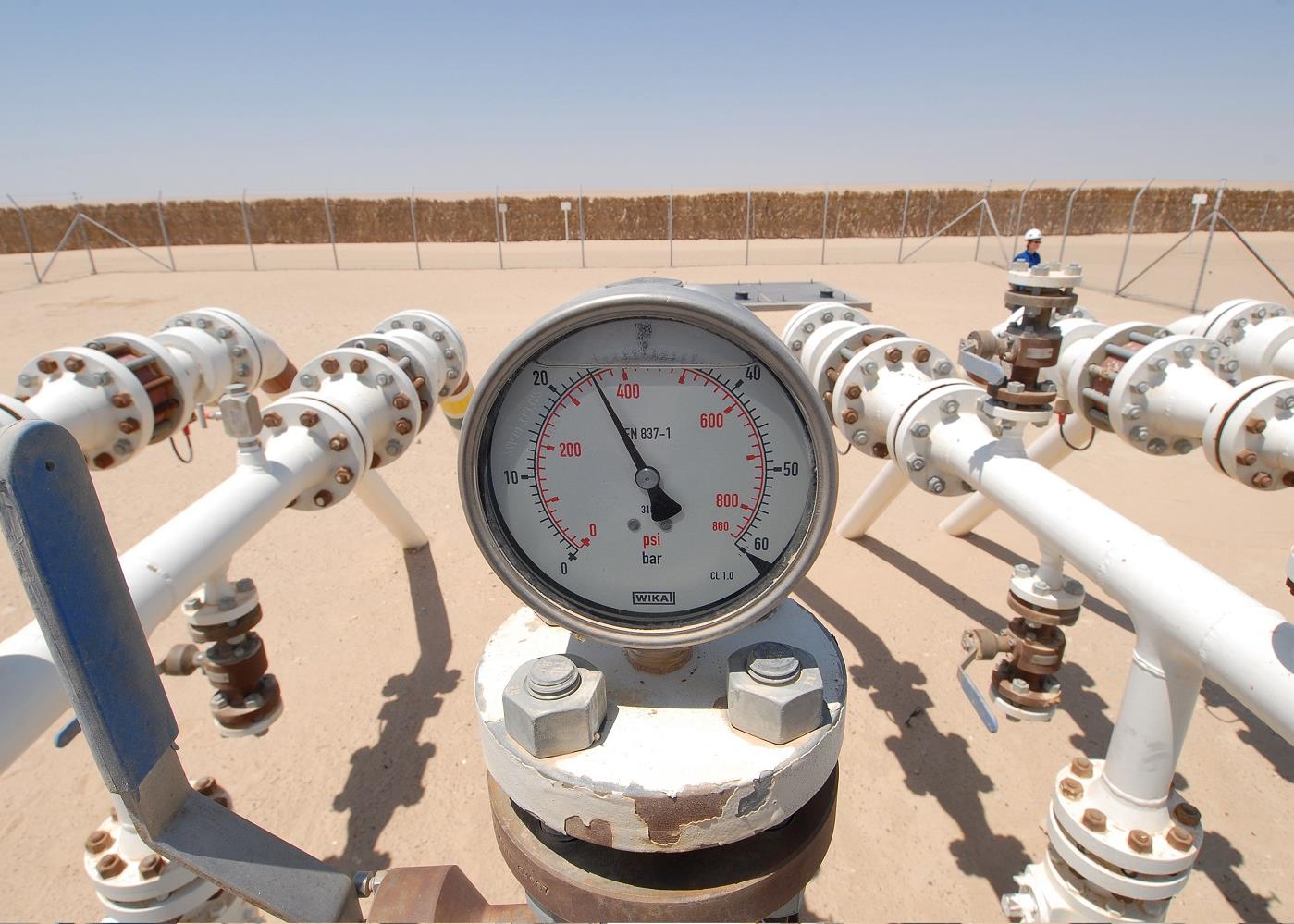

The number of Covid-19 cases in the Middle East and North Africa (Mena) region crossed 5,140,158 on 8 February 2021, according to Worldometers data collated by MEED.
The six GCC countries together account for 24.7 per cent (1,268,413) of all regional cases, while Iran’s 1,473,756 infections comprise 28.7 per cent of the 5.1 million cases.

Restrictions to curb the spread of Covid-19 have been reimposed across parts of the Mena region, particularly in the GCC, over the past week.
On 4 February, Saudi Arabia announced a 10-day suspension of all recreational events, with closures confirmed for venues such as cinemas, indoor entertainment establishments, restaurants, cafes, shopping malls, gyms and sports centres.
The announcement came a day after Riyadh temporarily suspended entry for individuals arriving from 20 countries, including Egypt, Lebanon, Turkey, the US, the UK, the UAE, Germany, France, Italy, Ireland, Portugal, Switzerland, Sweden, Brazil, Argentina, South Africa, India, Indonesia, Pakistan and Japan.
The ban also applies to travellers transiting through any of the 20 countries in the 14 days before a planned visit to Saudi Arabia.
Saudi Minister of Health Tawfiq al-Rabiah said on 3 February that the kingdom had raised the number of intensive care beds by 60 per cent to 13,000 to meet healthcare demands in the country.
Further closures
Kuwait has also imposed a two-week ban on the entry of foreigners into the country from 7 February. Only close relatives of Kuwaiti citizens and domestic workers are exempt from the decision.
The Kuwaiti cabinet also announced that commercial shops and restaurants – including malls – must stay closed from 8pm to 5am, although delivery services may continue. Pharmacies and food stores are exempt from the ban.
Restrictions have also been announced in Dubai, which said on 1 February it would close all bars and pubs for the entire month. The government has called on restaurants and cafés to close by 1am, with capacity limits set on cinemas, hotels, malls and other destinations.
Audience capacity at seated indoor venues, including cinemas and entertainment and sports venues, has been reduced to 50 per cent of maximum capacity, while hotel establishments and shopping malls are required to operate at 70 per cent of total capacity.
In Abu Dhabi, a new mandate took effect from 7 February allowing 70 per cent government and semi-government employees to work from home. Cinemas in the capital have been shut until further notice and malls have been asked to function at 40 per cent capacity. Marriage ceremonies and family gatherings must have only 10 guests, while mourning tents must host a maximum of 20 people.

Bahrain has also introduced curbs on movement that are due to last until 21 February. Government entities and institutions will allow a maximum of 70 per cent of employees to work from home.
Indoor gyms, sports halls and swimming pools will be temporarily closed and a maximum of 30 people will be allowed to participate in outdoor exercise organised by gyms. All social gatherings or private events of more than 30 people held at home and in private locations will be banned.
In Qatar, meanwhile, souks are operating at 50 per cent capacity, weddings held outside the home are banned and nurseries can operate at 30 per cent capacity. Outdoor gatherings in venues such as parks should be limited to 15 people, while indoor gatherings should be no more than five people.
These restrictions are being imposed even as vaccination drives are ramped up in the region. The UAE alone has administered 4,313,868 doses of Covid-19 vaccines so far, and in Bahrain, 191,406 individuals have received first doses of the jab.
Vaccination efforts
Countries in the wider Mena region are focused on boosting vaccine stocks as they begin to roll out inoculation campaigns.
Iran, the Mena region’s epicentre for the Covid-19 outbreak, will start its first coronavirus vaccinations from 9 February, using Russia’s Sputnik-V jab for healthcare workers. Iran’s ambassador to Russia, Kazem Jalali, reportedly also said the countries would soon confirm an agreement for Iran to produce Sputnik-V by April.
The Sputnik-V jab is also being sought by Amman, which has discussed its desire to obtain the vaccine with Russia, Jordan’s Deputy Prime Minister and Foreign Minister Ayman Safadi said last week. Jordan has already approved the Chinese Sinopharm and the US/German Pfizer-BioNTech vaccines.
Sinopharm is also being used in the UAE, Bahrain, Egypt and Morocco.
China will send 300,000 coronavirus vaccine doses, sufficient for 150,000 persons, to Egypt in the weeks ahead. Cairo has already received three batches of the vaccine developed by China’s Sinopharm since December, as well as 50,000 doses of the AstraZeneca vaccine in late January.
In addition to Jordan, Algeria and Tunisia are mulling the expanded use of Sputnik-V. Algiers said last week it had discussed the possibility of producing Moscow’s vaccine with Russian officials. The country received 50,000 doses of Sputnik-V at the end of January and another 50,000 doses of the UK/Swedish Oxford-AstraZeneca jab last week.

Tunisia, which expects to receive 4 million free doses of Covid-19 vaccines through the Geneva-based Gavi vaccine alliance from mid-February, also gave emergency authorisation to use Russia’s coronavirus vaccine earlier this week. Tunisia, however, did not place an order for the jabs, and has yet to receive any vaccines.
The country is expected to receive 93,600 initial doses of the US/German Pfizer-BioNTech jab in mid-February, followed by about 600,000 doses of the Oxford-AstraZeneca vaccine as a participant in the Covax global vaccine programme for developing countries.
Tunisia, alongside the Palestinian territories, will benefit from a first wave of coronavirus vaccines from the Covax scheme, but poorer states in the Middle East face a big gap in early vaccine provision, an official from the World Health Organisation (WHO) said last week.
Rick Brennan, emergency director for the WHO's Eastern Mediterranean region, said there was a “very significant gap” between the planned vaccine rollout in wealthy and lower-income or conflict-hit countries.
“Until the pharmaceutical companies and the wealthier countries fully resource Covax, which is the mechanism that we have set up to distribute the vaccines to the poorer countries, those countries are going to be left behind,” he reportedly said.
“The availability and the finances aren't at the level yet that they need to be. We're well short.”
You might also like...

Rainmaking in the world economy
19 April 2024

Oman receives Madha industrial city tender prices
19 April 2024

Neom seeks to raise funds in $1.3bn sukuk sale
19 April 2024

Saudi firm advances Neutral Zone real estate plans
19 April 2024
A MEED Subscription...
Subscribe or upgrade your current MEED.com package to support your strategic planning with the MENA region’s best source of business information. Proceed to our online shop below to find out more about the features in each package.






